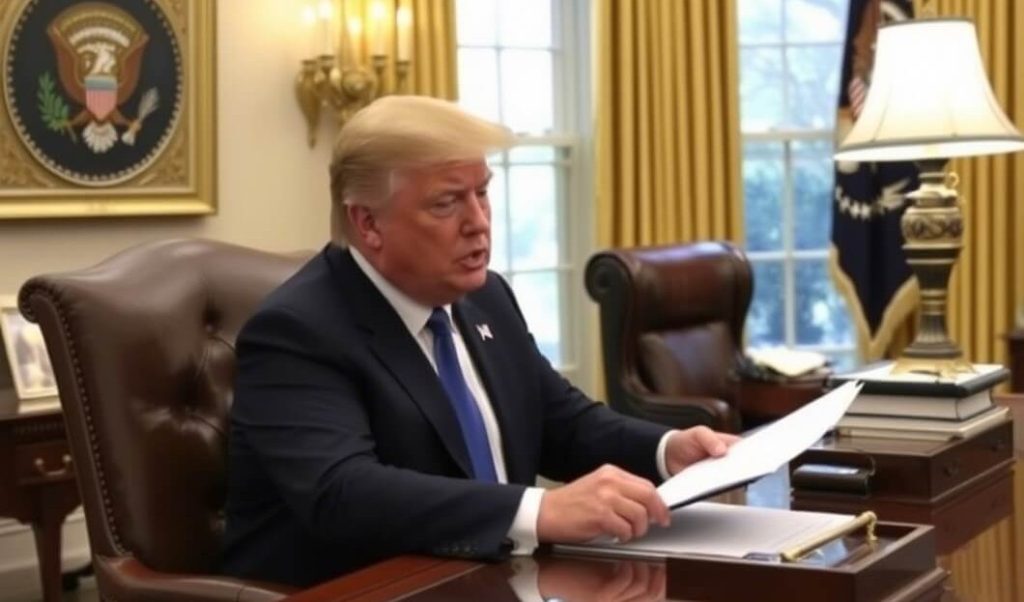U.S. Faces $10 Billion Loss in Tourism Revenue Amid Immigration Crackdown

The United States is grappling with a sharp decline in international tourism, projected to cost the economy over $10 billion in lost revenue during 2025. Experts trace the downturn largely to the ongoing immigration and border enforcement policies implemented under President Donald Trump’s administration. Measures such as stricter visa vetting, heightened deportations, and controversial detentions at the U.S.-Mexico border have significantly impacted how overseas visitors perceive safety and hospitality in the U.S.
Travel industry insiders had anticipated a tourism rebound following pandemic restrictions. However, figures released in April 2025 revealed an 11.6% drop in overseas visitor numbers compared to the previous year. Notably, arrivals from Europe and Canada — historically strong markets for U.S. tourism — have seen the steepest declines. In Canada, commercial airlines have reduced routes to major U.S. cities like New York and Los Angeles, while reports show a 32% drop in cross-border car traffic.
The broader economic implications are severe. According to Tourism Economics, a firm that forecasts travel trends, states like California, Florida, New York, and Texas — all heavily reliant on international visitors — are feeling the pinch. Popular attractions, from Disneyland to Broadway shows, are reporting lower ticket sales, while hotels and restaurants across major urban centers face decreased occupancy and foot traffic.
Industry leaders warn that the impact extends beyond tourism. Retail businesses, transportation services, and local governments dependent on tourism-generated tax revenues are all bracing for tighter budgets. Domestic travel could also falter as rising trade tensions and retaliatory tariffs further strain the economy, leaving American households with less disposable income for leisure spending.
As stakeholders appeal for a shift toward more welcoming policies, the American tourism industry faces an uphill battle to rebuild its global image — and recover the billions already slipping away.








